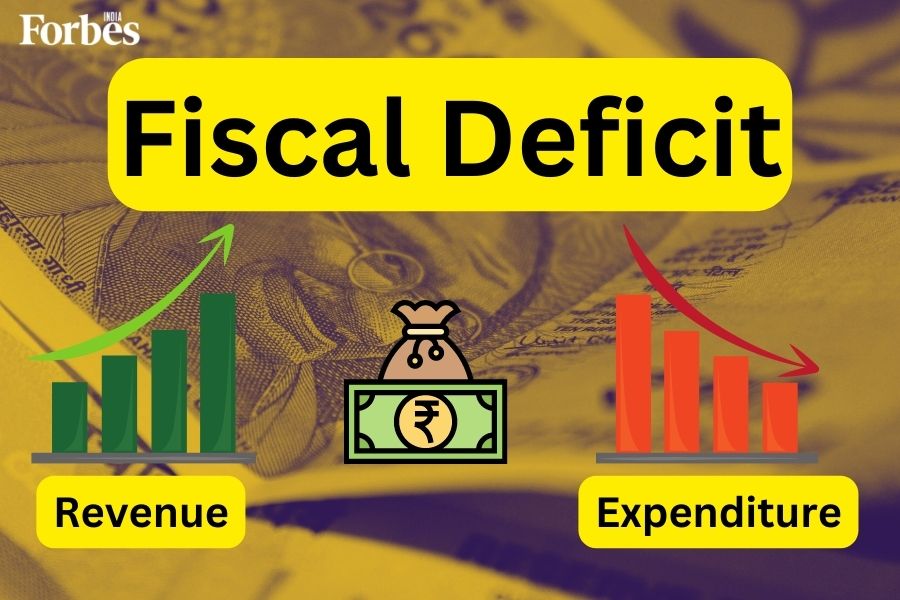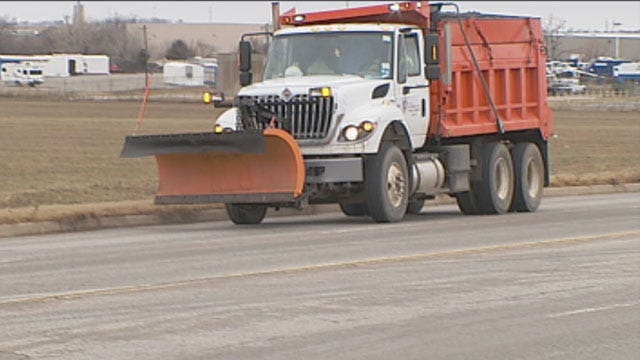Wildfire Speculation: Examining The Ethics Of Betting On Natural Disasters In Los Angeles

Table of Contents
The Financial Incentives of Wildfire Speculation
Profiting from Disaster
Financial markets are increasingly sophisticated, capable of reacting to even subtle shifts in risk assessment. Wildfire predictions, often driven by advanced meteorological models and data analysis, can be leveraged for profit through various investment vehicles. Wildfire speculation manifests in several ways:
- Insurance Derivatives: These financial instruments derive their value from insurance payouts related to wildfire damage. Investors bet on the likelihood and severity of wildfires, potentially profiting from increased claims.
- Real Estate Speculation: Property values in areas at high risk of wildfires can fluctuate dramatically based on perceived threat. Speculators might buy and sell properties, aiming to capitalize on these price swings, regardless of the human cost.
- Catastrophe Bonds: These bonds offer high returns but are designed to default if a predefined catastrophe, such as a large wildfire, occurs. Investors are essentially betting against the occurrence of a significant wildfire event.
The role of predictive models and data analysis in these markets is significant. Sophisticated algorithms analyze historical wildfire data, climate patterns, and even social media sentiment to forecast potential losses. This information fuels speculation, creating a complex interplay between scientific prediction and financial gain.
The Role of Insurance Companies
Insurance companies are at the forefront of assessing wildfire risk. Their pricing strategies and financial exposure are directly influenced by the probability and potential cost of wildfires. This creates a feedback loop with speculative markets:
- Reinsurance Markets: Reinsurance companies, which insure insurance companies, play a vital role in managing wildfire risk on a larger scale. Their actions, driven by risk assessments, influence the overall cost of insurance and consequently the opportunities for wildfire speculation.
- Insurance Payouts: Large insurance payouts following devastating wildfires can trigger a ripple effect in speculative markets, leading to increased investment in disaster-related instruments and further incentivizing speculation. The financial impact on insurance companies directly influences their strategies and affects the broader financial markets.
Ethical Concerns and Societal Impact
The Moral Hazard of Disaster Betting
Wildfire speculation creates a significant moral hazard. The potential for profit might inadvertently incentivize irresponsible behavior:
- Neglecting Wildfire Prevention: Resources might be diverted away from crucial wildfire prevention efforts, such as forest management and community preparedness, as the focus shifts towards profiting from the disaster itself.
- Manipulation of Market Information: There’s a potential for manipulation of data and predictive models to artificially inflate or deflate the perceived risk of wildfires, benefiting certain investors at the expense of others and potentially exacerbating the problem.
The very act of profiting from the suffering caused by a natural disaster raises profound ethical questions about prioritizing profit over human well-being and community safety.
The Vulnerability of Affected Communities
The financial consequences of wildfire speculation disproportionately impact vulnerable populations:
- Increased Insurance Premiums: Those living in high-risk areas already face high insurance premiums. Wildfire speculation could further inflate these costs, making insurance unaffordable for low-income communities and marginalized groups.
- Property Devaluation: The perceived risk of wildfires, amplified by speculative markets, can lead to property devaluation in affected areas. This disproportionately affects homeowners with limited financial resources, forcing them to shoulder the brunt of the financial burden.
Ethical investors should consider the societal impact of their actions and prioritize responsible investment strategies that do not exacerbate the vulnerability of already marginalized communities.
Regulatory Frameworks and Legal Considerations
Current Regulations and Their Gaps
The current regulatory landscape concerning speculation on natural disasters has significant gaps:
- Lack of Specific Legislation: Existing regulations may not adequately address the complexities of wildfire speculation, particularly concerning the diverse financial instruments involved.
- Challenges in Oversight: Monitoring and regulating complex financial markets related to disaster events are challenging, requiring sophisticated surveillance and international cooperation.
The inherent difficulty in predicting and quantifying the risks associated with natural disasters makes regulation particularly complex.
The Need for Stronger Regulation
To mitigate the ethical concerns and societal impacts of wildfire speculation, stronger regulations are urgently needed:
- Increased Transparency: Greater transparency in the financial markets related to wildfire prediction and risk assessment is vital to preventing manipulation and promoting responsible investment.
- Stricter Regulations on Financial Instruments: Specific regulations targeting financial instruments used for wildfire speculation, such as derivatives and catastrophe bonds, are essential to limit their potential for abuse.
- Enhanced Oversight of Predictive Models: Regulators should ensure that predictive models used to assess wildfire risk are accurate, unbiased, and transparent. International cooperation in establishing standardized models and data sharing protocols is also crucial.
These regulatory changes would require careful consideration and collaboration between governments, financial institutions, and scientific experts.
Conclusion
Wildfire speculation in Los Angeles highlights a profound ethical dilemma: the potential for financial gain from the suffering caused by natural disasters. The financial incentives, the societal impact on vulnerable communities, and the gaps in existing regulations all underscore the urgent need for responsible action. Addressing the ethical dilemmas of wildfire speculation requires a multi-faceted approach, encompassing increased transparency, stricter regulations, and enhanced oversight of predictive models. Combatting irresponsible wildfire speculation is not merely a financial issue; it’s a matter of social justice and community safety. Join the conversation on responsible disaster risk management and advocate for policies that prioritize human well-being over profit. Let’s work together to prevent the exploitation of natural disasters for financial gain.

Featured Posts
-
 Analyzing The Fiscal Impact Of Election Promises Deficit Projections And Economic Risks
Apr 25, 2025
Analyzing The Fiscal Impact Of Election Promises Deficit Projections And Economic Risks
Apr 25, 2025 -
 Investing In Global Stocks And Bonds A Guide For Indias Ultra Rich
Apr 25, 2025
Investing In Global Stocks And Bonds A Guide For Indias Ultra Rich
Apr 25, 2025 -
 Okc Winter Storm Road Conditions And Safety Tips
Apr 25, 2025
Okc Winter Storm Road Conditions And Safety Tips
Apr 25, 2025 -
 Open Ai And Chat Gpt An Ftc Probe And Its Implications For Ai Development
Apr 25, 2025
Open Ai And Chat Gpt An Ftc Probe And Its Implications For Ai Development
Apr 25, 2025 -
 Analyzing The Decline Of Bmw And Porsche Sales In China Causes And Solutions
Apr 25, 2025
Analyzing The Decline Of Bmw And Porsche Sales In China Causes And Solutions
Apr 25, 2025
Latest Posts
-
 Two Bundesliga Players On Arsenals Radar A Journalists Report
Apr 25, 2025
Two Bundesliga Players On Arsenals Radar A Journalists Report
Apr 25, 2025 -
 Bundesliga Stars Targeted By Arsenal Journalist Provides Insight
Apr 25, 2025
Bundesliga Stars Targeted By Arsenal Journalist Provides Insight
Apr 25, 2025 -
 Arsenal Eye Bundesliga Duo Latest Update From Journalist
Apr 25, 2025
Arsenal Eye Bundesliga Duo Latest Update From Journalist
Apr 25, 2025 -
 Journalist Reveals Arsenals Pursuit Of Two Bundesliga Players
Apr 25, 2025
Journalist Reveals Arsenals Pursuit Of Two Bundesliga Players
Apr 25, 2025 -
 Arsenal Transfer News Journalists Update On Bundesliga Targets
Apr 25, 2025
Arsenal Transfer News Journalists Update On Bundesliga Targets
Apr 25, 2025
